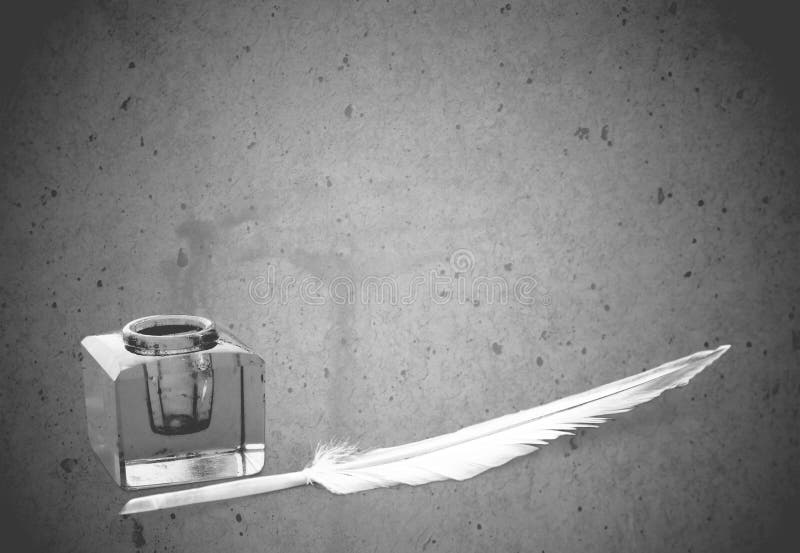I stopped going to open readings about twelve years ago for a combination of reasons, lack of time foremost among them, but coming up near second was the weariness of being subjected to a continuous stream of encrypted banality.
Not to grind this axe too long nor too loudly, what What is most striking about the assembled grossness of over-reaching testaments is it no one seems to have had an interesting take on what muse-inspiring incident happened to them. Too often , too often indeed, the epiphany moment seems to drive the earnest amateurs deep into the Archive of the Already Said Too Often , which dampens my enthusiasm for the notion that an introduction to good poets and their work will, by default, improve and hone the attributes of a readership who would likewise enjoy contemplating existence in unique combinations of metaphor and simile. Rather than broadening the perspective, as had been hoped, many become entrenched in bad ideas. It's like a cold one can't quite rid themselves of, I guess, doing so at last after rest and a vacation from taking one's seriousness too seriously, but the bad taste also acts like a virus, incubating for quite a while and effecting the senses in ways that seem to lay an irreversible tendency to grandiloquence, truism, bathos, rugged individualism. Some of this is inevitable in the course of being human with the conceit of being sensitive creatures with something to say--God knows I am an insufferable jerk when it comes to the sanctity of my own poetry which is, let us say, looking increasingly hokey as I get older.If that were the case, the reader and the listener would have the sense that some fact, independent of the narrator's expectations, has been acknowledged and that the speaker is ready to change their thinking. Yet another reason I gave up doing public readings as a matter of habit: my good poems are few, really, and repeating them bores the fuck out of me.The sort of tract many readers come across in airports and the shelves of bookstore self-help sections , though, resemble a poems less than they do knotted strings of re-fitted clichés that lacking value of irony or circumstantial variation .
These are more things one would say after an accompanying string of disasters and disappointments that work not to comprehend experience and, perhaps, gain a perspective on why things don't go according to plan, but rather to rationalize and reinforce one's attitude and manner of moving through the world.When all is said and done, Frank Sinatra said the same thing, but with more style and less pop-psyche cant: I did it my way... Not that Sinatra's croaking croon makes this a desirable way to go through life.We are who we, sure, but a large part of being human is our capacity to change our behavior based on experience. Existence is not something you experience passively, or an event that merely happens to you. It is something you participate in. One is powerless in controlling final outcomes of events, but within the larger picture, we can change our actions, we can change the way we think. We do, more often than not, influence the results.
We are who we, sure, but a large part of being human is our capacity to change our behavior based on experience. Existence is not something you experience passively, or an event that merely happens to you. It is something you participate in. One is powerless in controlling final outcomes of events, but within the larger picture, which this poem attempts to present to us, we can change our actions, we can change the way we think. In doing so, we can, more often than not, influence the results one gets. Such poets come across as defeatists in a Hemingway ammo belt.Poetry is fun when it is good. This was not good.
Those who write poems , I think, are obliged to write the poems they are able to, whatever their style, and that they ought not be surprised when they are criticized for using clichés and glittering generalities in place of real craft or inspiration.One's inner most thoughts, of themselves, are often not interesting as poetry. Whether the young poet admits it or not, they have a responsibility to express their inner lives in a fresh way that it's interesting to readers in the outer world.Small thoughts are perfectly fine, and one need only inspect Emily Dickinson, or the imagist poems of Pound or WC Williams for examples.Even the "less than earth shaking" poem has a bar to reach; it should none the less be exquisitely expressed. Those who participate in their lives are not passive, they are engaged with it.Even the shy, weak, infirm, modest and laconic among us take pro-active roles in the directions we take, and take responsibility.Most of all, there is the capacity to remain teachable, to learn from experience and change behavior and mindset; this is what keeps people interesting and useful to their fellows.Those who refuse to change their ways, to use experience merely as rationale to reinforce ineffective methods to coping with existence, are jerks much of the time, or just irredeemably clueless. One stays away from these people, and their poems.




